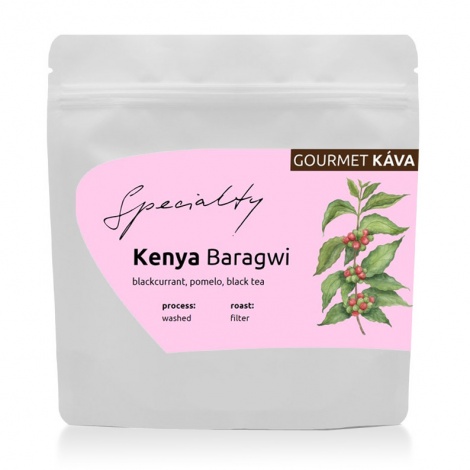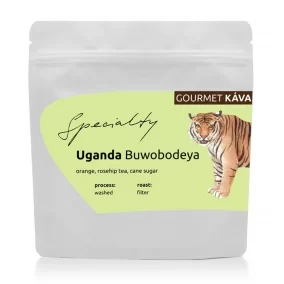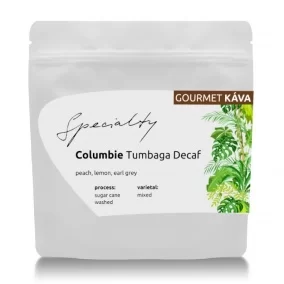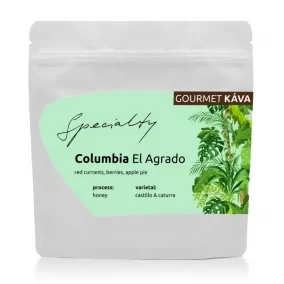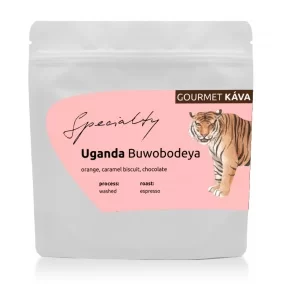Altitude: 1 800 m above sea level
Region: Kianyaga, Kirinyaga County
Variety: SL34, SL28, SL grafted, Ruiru 11 and Batian
Farm: Baragwi - Guama AA
Cupping score: 86.75
Roastery: Beansmith
What is GourmetCoffee Specialty?
It's a selection of coffees that we've carefully selected and Beansmith Roastery has roasted for us. There are many definitions, the SCA (Select Coffee Association) specifically states that it is coffee that scores at least 80 out of 100 in a professional evaluation, and contains no significant defects in taste. You will also always find 100% transparency (farms, importer, roaster and retailer) with our select coffees.
What's different about our selection coffees?
Don't expect a distinct bitterness in the coffee, as they are roasted lighter than regular coffees. As a rule, you will find more fruity flavours in them. All of our coffees are primarily intended for home brewing like filter coffee, but that doesn't mean they can't be interesting in a mocha pot.
Preparation tip
We don't write down the exact coarseness of the grind because every grinder has it differently, but you can try grinding to get about what we've got below. But it's really one of many different cases. It's just kind of a jumping off point.
Drip 18g (60ml bloom), 250ml total in 2:30min
Information from the farmer
Guama Coffee Washing Station is owned and operated by the Baragwi Farmers' Cooperative Society. Run by small farmers, this station was established in 1986 and has over 3500 growers. Farms in this area are typically smaller, with the average farmer having around 300 coffee plants.
After delivery to the wet mill, the cherries are hand-sorted to remove impurities and black fruit. They are then weighed and recorded. They are then moved to a bin where they are dehulled. After the cherries are peeled using a four-disc press, they are transferred to one of the fermentation tanks where they ferment for approximately 16 to 24 hours, depending on the ambient temperature. The coffee is then thoroughly washed in inclined water channels to remove any residual pulp.
The coffee is then moved to raised drying beds in the station where it will slowly dry for approximately 10 to 18 days. On very hot days it is protected by a shade net. The parchment-dried coffee is then transported to its own mill (Baragwi Farmers' Cooperative has its own dry mill in Kirinyaga district) where it is processed and graded into different quality grades within 3 days.
Once fully processed, the coffee is transported to a warehouse in Nairobi County (Africa Global Logistics) where it is stored until it is auctioned.






















































































